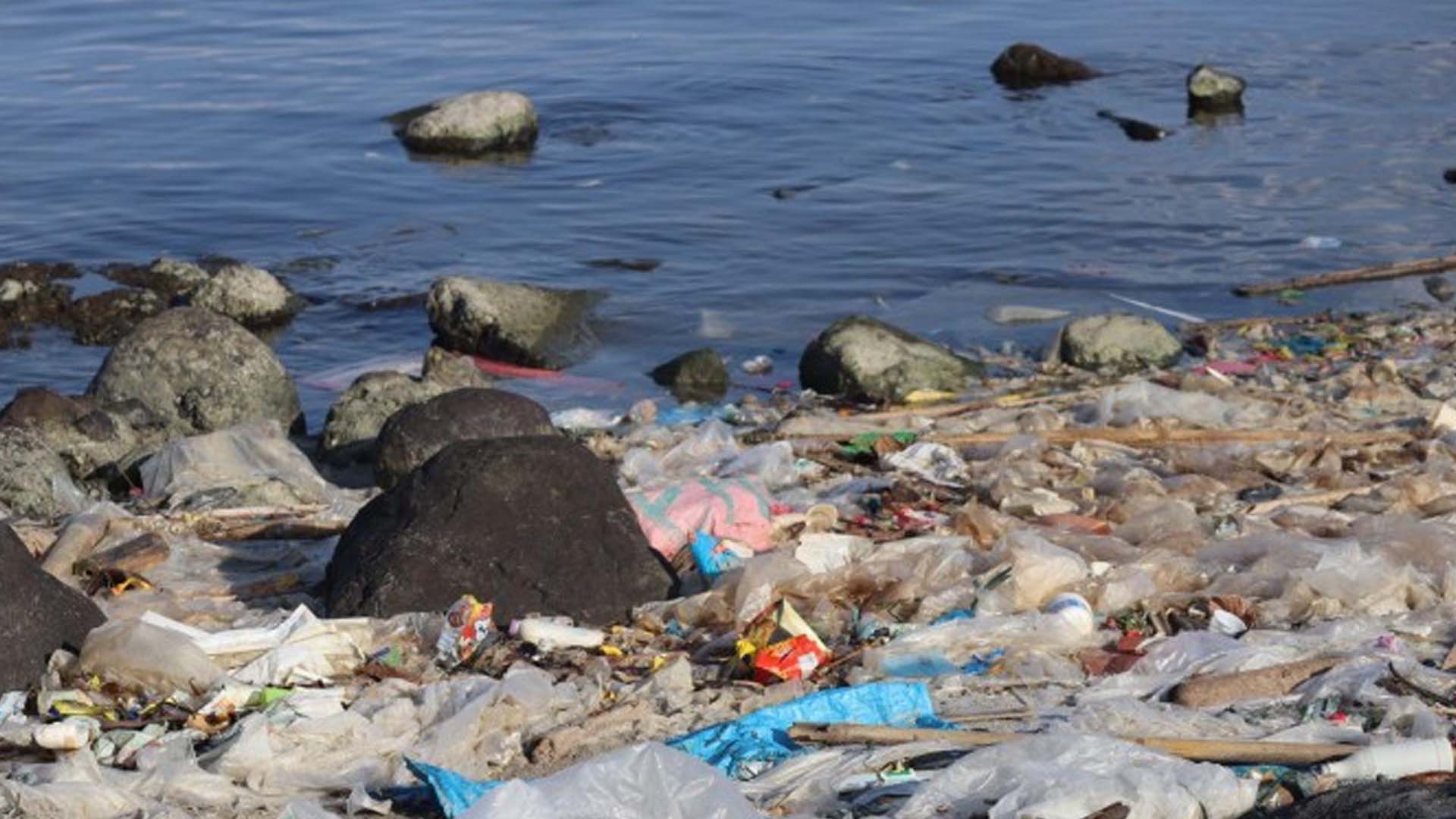South Korea is allocating USD9 million or approximately PHP501 million in grants to help the Philippines and Timor-Leste combat marine plastic pollution.
The project will be implemented in coastal communities in Bulan, Sorsogon; Daanbantayan, Cebu; Calbayog City, Samar; Dipolog City, Zamboanga del Norte; Puerto Princesa, Palawan; and Tandag City, Surigao del Sur.
Four other coastal communities, meanwhile, will benefit in Timor-Leste.
The “Reducing Marine Plastics in the East Asian Seas Region” initiative will run for six years to improve the management of marine plastics in the two countries through science-based governance, innovative solutions to promote circular economy, regular beach monitoring on marine plastics, relevant training, and community awareness drive.
“Through this project, we hope to contribute to enhance the capacities for combating marine debris and plastic pollution in the Philippines and Timor-Leste with opportunities to share experiences and best practices on Republic of Korea’s marine plastic wastes management policies and recycling technologies,” said Sunhyung Ryu, director of Marine Conservation Division of the South Korean Ministry of Oceans and Fisheries (MOF).
The MOF partners with Partnerships in Environmental Management for Seas of East Asia (PEMSEA), a regional coordinating mechanism for the sustainable development of coastal and marine resources in the region, to implement the project.
“These pro-active local, national and regional actions to combat plastics are happening globally, with governments placing significant importance on the issue. Negotiations to establish a global treaty to manage plastics are ongoing,” said Aimee Gonzales, executive director of PEMSEA.
“Such actions are crucial, if marine plastic pollution is not addressed now, it is predicted that there will be more plastics than fish in the ocean by 2050,” she added.
The program is also in collaboration with the Department of Environment and Natural Resources and its relevant bureaus.
According to PEMSEA, the Philippines is considered as one of the top five contributors to marine plastic pollution globally, while Timor-Leste is facing challenges in managing its wastes and plastics due to poor infrastructure and challenging geography.
In 2019, ASEAN adopted the Bangkok Declaration on Combating Marine Debris in ASEAN Region and the ASEAN Framework of Action on Marine Debris, aiming to reduce marine debris in the region by 75 percent in 2025. (PNA)








